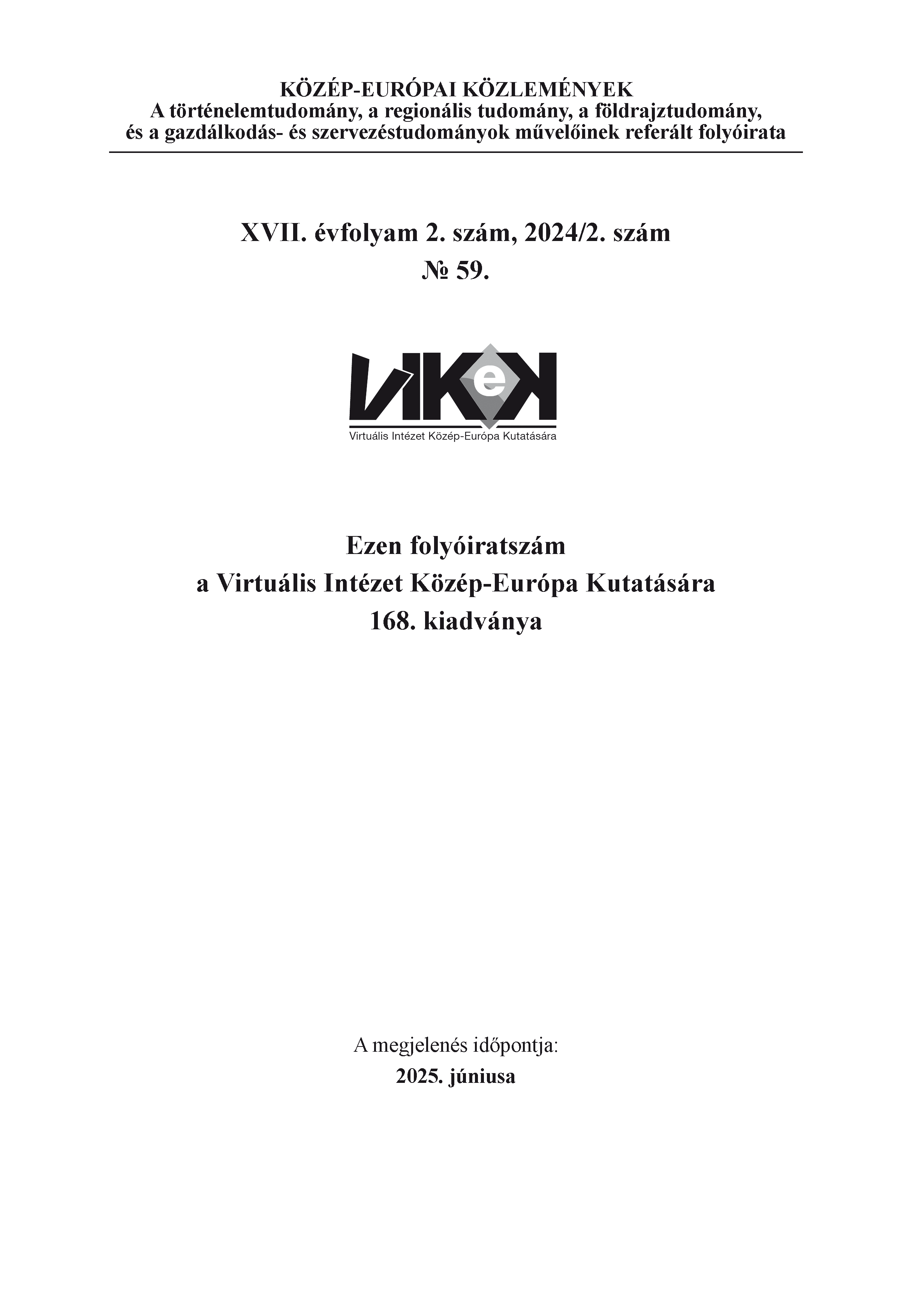Characteristics of Gustav Stresemann’s Foreign Policy
Main Article Content
Abstract
Gustav Stresemann is considered Weimar’s most important statesman. Its historic achievement lay in its ability to incorporate the French need for security and to strike a balance between German interest and the European order. With the Treaty of Locarno, negotianed on the initiative of Gustav Stresemann, Germany, France and Belgium guaranteed each other the status quo on the Rhine in Oktober 1925. Locarno made no substantive changes and in fact voluntarily re-codified the Versailles provisions. As a confidence-building measure, Locarno was first and foremost an investmen in „soft power”, the return on which was expented in the form of further revisions. When Germany was admitted to the League of Nations in 1926, it was one of the three great Euopean powers. In the same year, Stresemann was awarded the Nobel Peace Prize together with his French colleague Aristide Briand, The same Gustav Stresemann, who had been a supporter of extreme annexation peace during the First World War. This begs the Question, what was the link between reivisionism and understanding?
